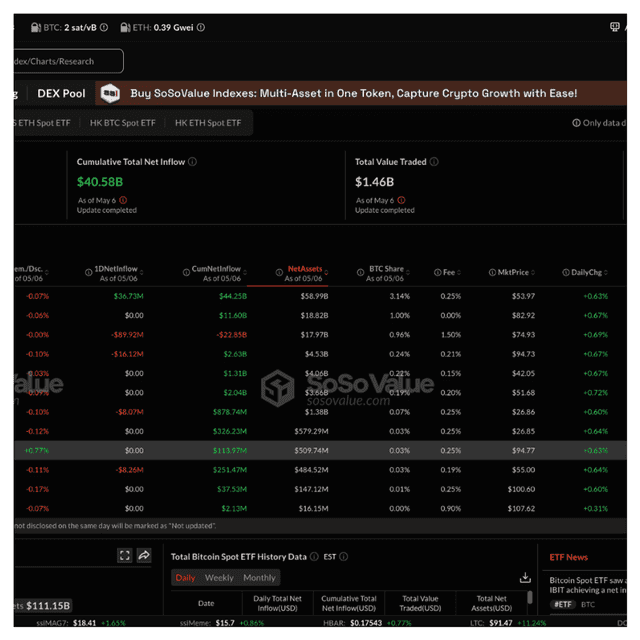2025-05-05 10:30
블록미디어

출처: Block Media
The Future of Global Financial Hubs: Led by Cryptocurrency
Block Media's Myung Jung-sun reports that the global financial landscape is undergoing a significant transformation in 2025. While traditional financial hubs like New York and London maintain their influence, there's a notable shift of capital, talent, and innovation towards new destinations. Central to this evolution are blockchain technology, digital assets, and proactive cities embracing these disruptive forces.
A Multopolitan report emphasized that "understanding the geographic distribution of wealth is crucial for predicting shifts in financial power" and noted that "the global competition surrounding cryptocurrency is reshaping economic power maps beyond mere investment trends."
Cities such as Dubai, Singapore, and Zug in Switzerland have become attractive to affluent individuals, blockchain startups, and global venture capital. Contrarily, countries like the United States, China, and parts of Europe are losing their competitive edge due to regulatory uncertainties and restrictive policies.
Which Cities Are Crypto-Friendly?
So, which cities are leading in cryptocurrency adaptation and poised to dominate future wealth? According to Multopolitan’s "Crypto-Friendly City Index 2025," the ranking considers more than just tax advantages or the number of cryptocurrency ATMs. The index evaluates five key factors across 27 global cities:
- Regulatory Environment: Predictable and consistent legal frameworks.
- Tax Policies: Comparative analysis, focusing on capital gains tax.
- Economic Strength and Quality of Life: Metrics such as GDP per capita, housing costs, and living infrastructure.
- Digital Infrastructure: Internet speed and smart city development.
- Cryptocurrency Ecosystem: Number of ATMs, retail acceptance rates, and cultural penetration.
Each factor is quantitatively scored, with extra emphasis on the strength of the cryptocurrency culture. The analysis revealed a list of cities demonstrating unparalleled crypto competitiveness:
- **Singapore, Zug (Switzerland), Dubai**: These cities offer clear regulations and substantial tax benefits to sustain dominance.
- **Lisbon, Hong Kong**: Emerging as startup-friendly hubs with favorable policies.
- **Sydney**: Hosting the world's largest number of cryptocurrency ATMs and showcasing high levels of commercial adoption.
- **Oslo, Doha**: Building robust digital ecosystems with ultra-fast internet infrastructure.
These cities combine coherent regulatory frameworks, low tax rates, and a high quality of life to drive innovation in digital finance. Their dominance extends into digital infrastructure, with Abu Dhabi offering internet speeds of 398 Mbps, Doha at 265 Mbps, and Oslo at 205 Mbps, creating prime environments for a thriving digital economy.
Where Is Crypto Wealth Concentrating?
The concentration of cryptocurrency wealth offers valuable insights. According to Multopolitan’s "Crypto Wealth Concentration Index":
- **United Arab Emirates (UAE)**: Leads globally, with 25.3% of its population holding cryptocurrency, the highest penetration rate worldwide.
- **India**: Hosts the largest cryptocurrency community, with an impressive 118.9 million holders.
- **United States**: Retains its position as a global trading hub, with an annual trading volume of $2.07 trillion.
- **Slovenia and Cyprus**: Noted for high-value cryptocurrency markets, averaging $240,000 in transactions per capita, driven by high-net-worth investors.
Borderless Wealth: Redefining Cities and Nations
Digital assets transcend physical borders, operating independently of geographic constraints. Traditionally, regulations and policies were shaped at the national level, but the new paradigm localizes governance to cities. Those with clear policies, robust infrastructure, and superior quality of life have the potential to emerge as the new capitals of the digital era.
Multopolitan stressed, "Cities with digital asset ecosystems and regulatory clarity will rise as the financial capitals of the future," adding that this transition will facilitate a borderless flow of assets and talent, fundamentally reshaping the global dynamics of wealth and innovation.
View original content to download multimedia: https://www.blockmedia.co.kr/archives/898005




